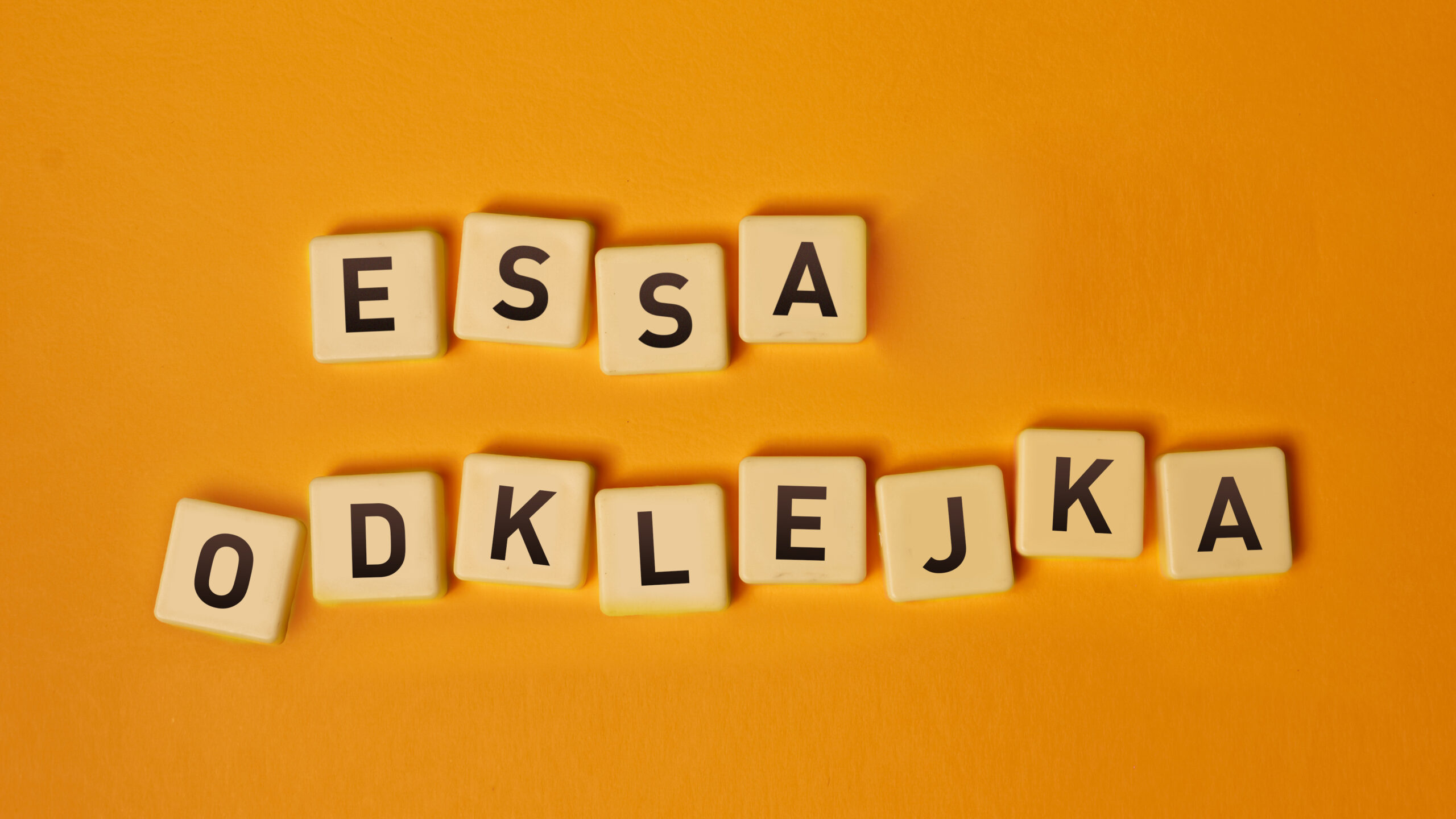
How to turn a good old jug into an insult? Why reduce everything to a minimum? Why do you hear English phrases in every other sentence? Gen Z – a generation extremely sensitive to lack of authenticity, artificiality and lies, nimbly moving between information that bombards them from every side, especially values what is non-standard. This is a group that takes special care of its uniqueness and manifests it very loudly, not only through what it does or how it looks, but also through how it speaks. Every year, month or day brings hundreds of new phrases that disappear as quickly as they appear. Should everyone keep up with them? No, but then they have to reckon with the nickname boomer.
Who are the future rulers of the world?
Gen Z, zoomers, iGen, post-millennials, the all-inclusive generation, digital nomads or the big ego generation are people born between 1995 and 2010. Characteristically, they are somewhere between millennials and baby boomers – they combine great ambitions with communicating their own needs. Although they have lived in the virtual world since childhood, they do not reject the existence of the real one. They spend an average of 5 hours a day on the Internet, and in a survey conducted by Business Insider, over 40% of them stated that working Wi-Fi is more important to them than a working toilet.
Z for change
Generation Z is the first to introduce so many changes to the language, on such a scale and at such a fast pace. They play with it, creating increasingly closed communities. Gaymers, strittlers, geeks, rap lovers or alternative music lovers communicate differently. They shorten and transform words, use English equivalents and give them new meaning.
One of the word-formation techniques used by zoomers is adding the endings -uwa and -ówa to words. Then we hear gituwe, smakówe, cringówe and płakuwe, written the way the author of the statement wants – after all, spelling is not the most important thing in a teenager’s life. The same problem applies to punctuation – it is associated with something incredibly formal, and a period at the end of a sentence makes the hair on their heads stand on end.
At the turn of the years, not only the language changes, but also the mentality. When young people say “thank you”, they no longer say “please”. Instead, we hear “cool”, “relax” and “no problem”, and this is all because Gen Z sees helping others as a social obligation, not doing someone a favor.
Focus on youth
Generation Z, due to the amount of messages that reach them every day, is resistant to fakes and trickery and highly values transparency. They know perfectly well how to choose the most valuable solutions. They are aware of how the media world works, so there is no need to pretend to them that advertising is not advertising, because they will sense it anyway. Although it might seem so at first glance, social media is not the only way to reach the Zs. This is a social-oriented generation – they like to get involved in social campaigns, they value non-standard actions taken in the real world and well-thought-out messages. It is best to reach them with simple messages – images, intuitive infographics and short, vertical video recordings. They do not scroll Facebook as often these days, because it has been replaced by Instagram and TikTok. It is there that they observe the lives of their friends and celebrities, it is there that they get information and entertainment, and after all, it is there that they have the greatest contact with advertising.
In order to reach the younger generation, you do not always have to use their language – it is enough to know the most popular phrases. To make understanding the z’s easier, I’ll help you by explaining the ones currently used by the z gene:
- Alternatywka – a girl with alternative views, living outside the mainstream
- Pokemon – a person distinguished by their extravagant appearance
- Sigma – an ideal man, not flaunting his superiority
- Rzepiara – a pseudo-influencer, known for taking photos in clichéd locations, e.g. a rapeseed field
- Sus, suspect – someone who behaves suspiciously
- Sześćdziesiona – an informer
- Dzban – a fool
- NPC (non-player character) – an ordinary, unremarkable person, often behaving mechanically
- Gigachad – an ideal person or thing, arousing admiration
- Mamadżer – a mother behaving like a manager for her child
- Leming – a person who uncritically replicates messages from mass media sources
- Atencjusz – a person who strongly strives for the attention of others
- Boomer – a description of a person still living in a better past, complaining about “today’s youth”
- Julka z Twittera – a young girl who expresses her views and opinions on social media, not necessarily corresponding to reality
- Typ i typiara – a term for ordinary people who do not arouse our sympathy
- Noob – the opposite of a pro, someone who is weak in something
- Jesieniara- a lover of warm blankets, wool socks and tea. She indulges in autumn melancholy on a daily basis, and despondency is her middle name
- Cringe – meaning embarrassment, also appearing as an adjective – cringe
- Zaorać – beat someone in a discussion
- Disować- insult someone
- Hajphype – generating positive excitement about something that has gained a lot of attention thanks to a viral bump
- Memiczny – term for someone funny
- XD – emoticon meaning, that something makes us laugh
- Mood – current mood
- Flex – bragging about clothes and gadgets, once called a spoof
- Drip – means something fashionable, with a sense of style
- Cheugy – a term for things that have long since gone out of style, but millenials and boomers still delight in them
- Essa – a victory cry
- Finstas – an alternative account on Instagram, more private, one that shouldn’t reach out from the general public
- Dymy – a heated argument
- Smartwica – a disease of the 21st century, formed from the combination of necrosis and smartphone – signifying desensitization to other people and excessive interest in one’s phone in company
- Masny – cool
- Pocisk – a cutting retort
- Baza – an expression of approval
- Odklejka – a state of detachment from reality, about a person who does not understand what is going on, behaves inappropriately.
Generation Z learns from the experiences of previous generations – sees their mistakes and does not want to duplicate them. It creates reality in its own way – hastily created phrases become important elements of the multicolored environment in which it lives.
PREVIOUSLY IN THE NEWS

IMAGO PR will lead the communication of the TOOLEX trade fair
more






